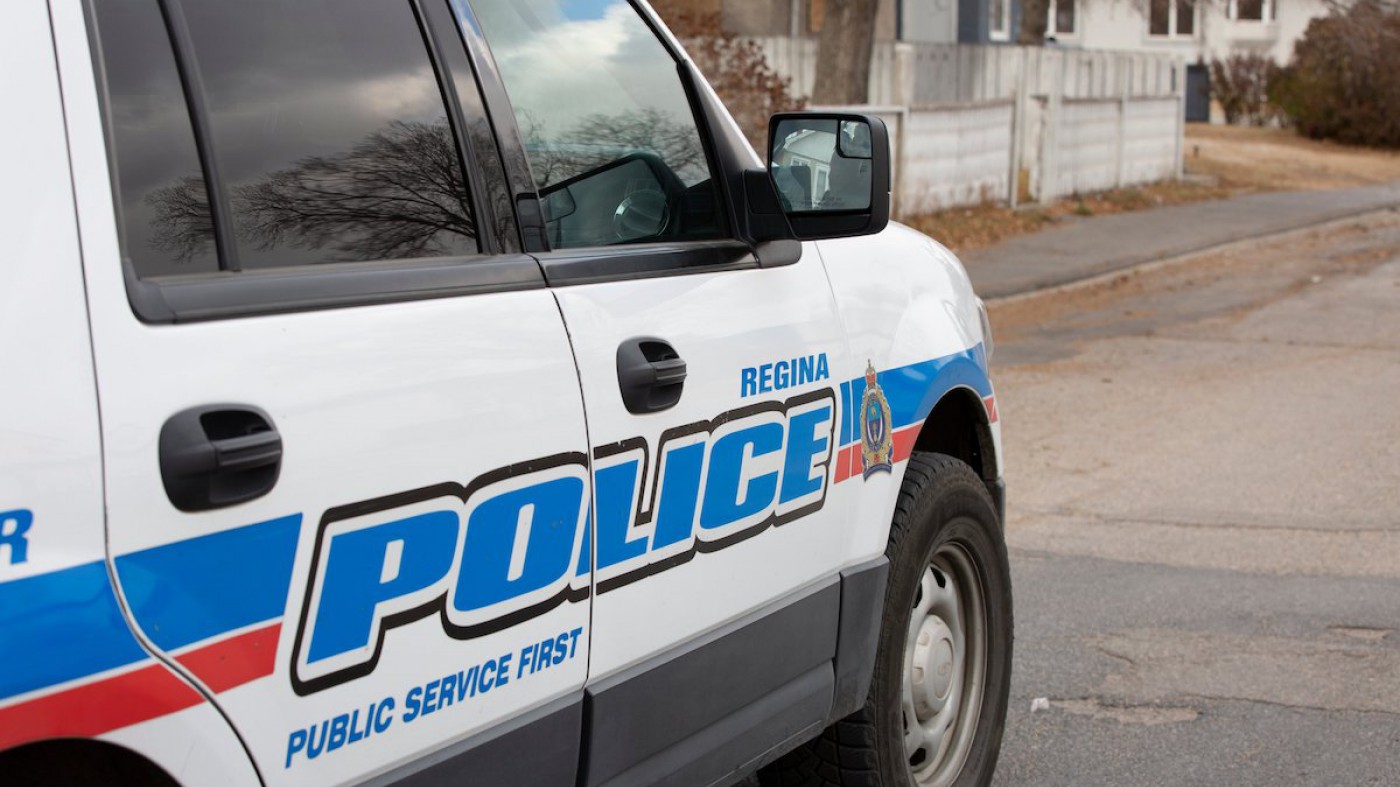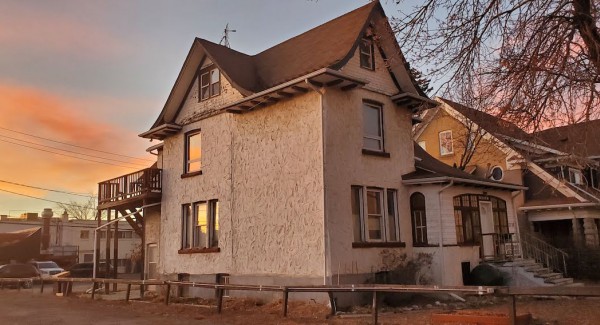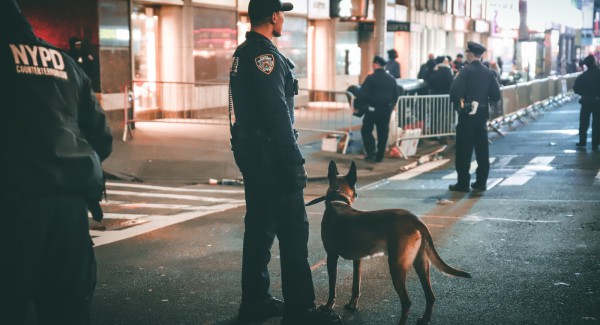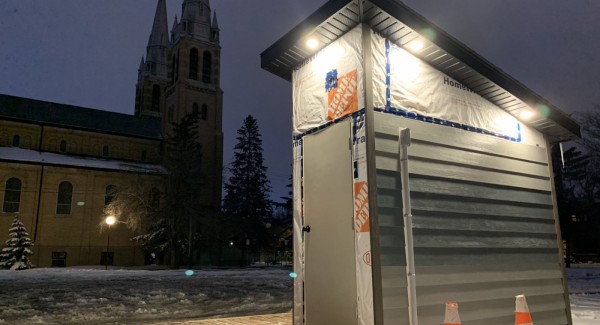When pigs can fly

Photo credit: Regina Police/Twitter
First came the drones, followed by an armoured tank, and now a plane.
City budget planning is underfoot and just like every other year, the Regina Police Service are requesting an absurd increase despite already sitting on 22 per cent of city’s operating budget. The specific ask is a $3.5 million increase, which is a 4 per cent increase from 2021, bringing the total police operating budget to $92,796,700.
The budget increase would employ a new police chief deputy, 16 new police officers, and seven additional civilian positions to up the “cop-to-pop” ratio. Further, and as if more cops on city streets isn’t enough to amplify police visibility, RPS is asking for an airplane.
According to budget documents released to date, RPS is hoping for $547,500 to be allocated for upgrades to their emergency service equipment and, perhaps most alarmingly, an aerial support unit.
While there aren’t publicly available notes that elaborate on this budget line item – in fact a representative for the RPS declined to comment on the budget request until it is presented to city council on December 15 – we do know that the police have had their eye on an aircraft for several years.
“This comes at a time when elected officials, municipalities, and even police forces across Canada are talking about the social determinants of crime, the growing addictions crisis, mental health, homelessness, and gang and gun violence in our cities,” says Andrew Stevens, city councillor for Ward 3. “To what extent does an aerial unit address any of this?”
If the Winnipeg Police Service’s wildly unpopular helicopter is any indication, we know that the plane will be used to disproportionately target poorer neighbourhoods in Regina, disrupting residents with noise pollution, and subjecting them to surveillance in their own neighbourhoods and yards.
While big purchases appear as a one-line budget item, the upkeep, fuel, and the salaries of cops to run the equipment will continue to drain public funds year after year.
The purchase of an aerial unit will be supported by Saskatchewan Government Insurance (SGI) with a $248,000 subsidy to equip the plane with mapping and thermal technology. This wouldn’t be the first time SGI helped fund an aircraft: in 2009 the Crown insurance corporation spent $300,000 on adding an infrared camera to the SPS aircraft. In fact, RPS has been meeting with SPS for advice and training guidance, should their budget be approved. And while SPS claims their plane has reduced the crime rate in Saskatoon by at least 10 per cent, there is no hard evidence that supports this claim. Meanwhile, the aircraft costs the public $260,000 each and every year.
If the Winnipeg Police Service’s wildly unpopular helicopter is any indication, we know that the plane will be used to disproportionately target poorer neighbourhoods in Regina, disrupting residents with noise pollution, and subjecting them to surveillance in their own neighbourhoods and yards.
For Regina residents, the police request for a plane comes on the heels of the community-initiated Camp Hope’s bittersweet close. Camp Hope started in October as a tent encampment in central Regina for unhoused residents seeking shelter and saw an estimated 100 to 150 people daily over its 40-day run. With a harsh blizzard looming, the province finally intervened, only to provide warm beds for just 40 people, leaving dozens more with no shelter.
Kale MacLellan, a Cree, Saulteaux, and St'at'imc mother and community organizer, believes Camp Hope was an amalgamation of all the problems that the city has swept under the rug. “The city budget is a direct reflection of the privileged folks who sit on city council. Many of whom enjoy life without having to worry about where they will lay their head at night, or when they'll be able to eat next,” she says.
“It takes a special kind of callousness to visit a camp where people have no access to electricity or running water, and then ask the city for $3.5 million more in funding, including funds for unnecessary equipment.”
“There has been little media coverage highlighting the fact that while over 100 people slept outside in the cold, the police were busy building a new headquarters so large it literally connects two blocks to each other,” she says. Although members of the RPS visited the camp on a rolling basis, MacLellan believes that funding affordable housing for those experiencing houselessness should be a bigger priority for spending this budget season. “It takes a special kind of callousness to visit a camp where people have no access to electricity or running water, and then ask the city for $3.5 million more in funding, including funds for unnecessary equipment.”
She is right: the plane is another toy for the RPS, just like the military-style tank was back in 2018. RPS says its 2022 budget “continues along the path of responsible investment in community safety and well-being,” but militarized equipment and surveillance contribute nothing to community safety and well-being. It doesn’t prevent crime; instead, it would embolden unaccountable police power while continuously hemorrhaging money that should otherwise be spent on non-violent life-saving resources in the city.
This would be an irresponsible purchase by city councilors and the police board, and a reckless way to spend public money that would only fuel the unsustainable growth of the police budget rather than funding affordable housing, mental health support, and harm reduction facilities. These are desperately needed services that address pressing social needs, unlike the Regina Police Service, which only criminalizes and abuses people who need real support and shelter.
If you are invested in ensuring public funds are put toward uplifting and strengthening the community, instead of endlessly padding the police budget, consider writing to your city councilor before December 15. Community organizers have created a letter template that you can use to do so.




